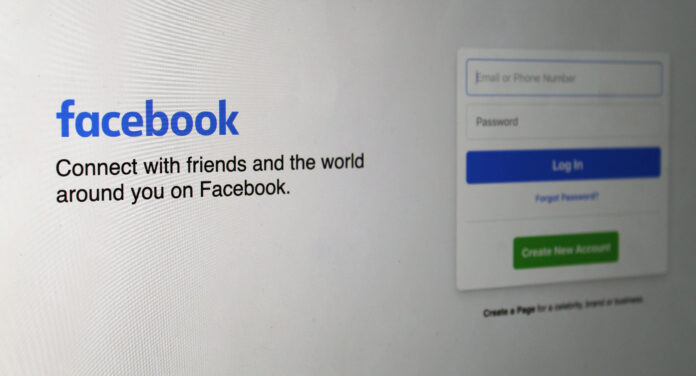Facebook is one of the most used social media platforms, used to connect with family and friends or discover breaking news. Facebook grew quickly to become one of the most visited social media websites in the late 2000s and continues to thrive in 2021.
After over 15 years of having a staple in the social media world, Facebook is planning to rebrand itself to be more focused on building the metaverse. However, is this a smart marketing strategy for the company to move forward with in order to be ahead of its competitors?
The metaverse, according to CNN Business writer Charles Riley, is the idea that users, using their virtual avatars, can walk around and interact with one another in real-time. You could also think of the metaverse as similar to Virtual Reality or Augmented Reality.
For example, users could sit around a virtual meeting table with their colleagues or walk over to a virtual coffee shop to meet up with a friend.
The company has announced earlier this week that they are hiring over 10,000 employees in Europe to work on creating this virtual reality. Alex Heath, a writer for The Verge, said these employees are already building consumer hardware like AR glasses, going all-in for this surreal concept.
Facebook’s CEO Mark Zuckerberg believes that these glasses will eventually be ubiquitous as smartphones, an everyday item that people all over the country would have at home.
Zuckerberg decided to rebrand Facebook’s name to reflect that the company is focused on building the metaverse. Announced as Meta, Zuckerberg unveiled the news about this shocking decision on Oct. 28 at the company’s annual Connect conference.
The news of turning Facebook into a metaverse came recently after a former employee turned whistleblower, Frances Haugen, leaked a bunch of documents to the Wall Street Journal. A possible assumption is that Facebook chose this time to rebrand itself now to avoid further backlash and further damage to its reputation.
Facebook has received backlash these past few years due to users receiving misinformation, content moderation failures and revelations about the negative effects its products have on mental health.
The company has pushed back against these claims and called many of them “misleading”, claiming that its apps do more good than harm.
Facebook is laying the groundwork to focus more on the next generation of technology and is the first social media platform to innovate and adapt to the next generation.
Facebook’s metaverse could potentially get many college students to use it. Most, if not all, students are always on social media, and this new innovation would let them communicate much more easily and faster.
There is a lot of potential for Facebook’s metaverse to regain many of its lost supporters throughout the years. However, this innovation could turn into a flop and cause users to see the brand as an untrustworthy website if carried out incorrectly. Overall, this newfound metaverse could reshape the social media world for years to come.

